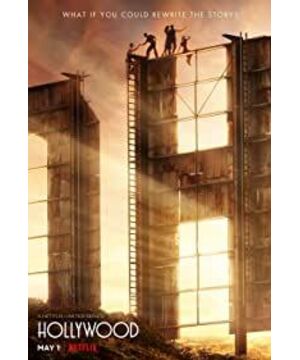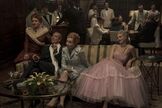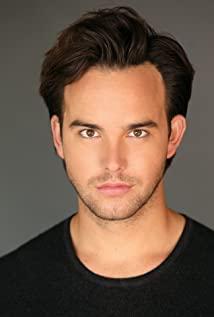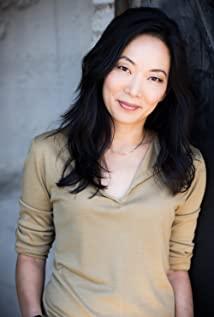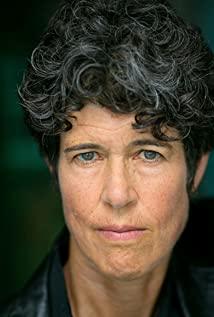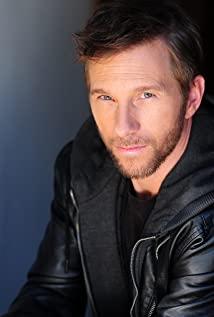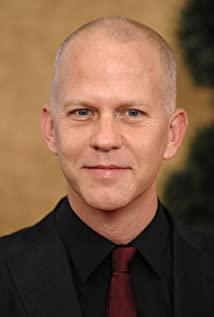I watched it again and found that the film seems to value "individuality" and "diversity", but at the end it still tends to be white supremacy. It is a story about (seemingly unthinkable) dreams come true in a magical land that allows people to be themselves, to show the world who they really are-if they have the courage to do so. And they have been rewarded for fighting their own fight at the end of the story.
Like the drama "Meg" in the play, each character is working hard to realize their ideals, no matter how the reality repeatedly restricts and suppresses them, at the end of the story everything falls into places and people all get they want. As the title of the episode says, they got A Hollywood Ending.
But this context is still delineated by those in power in the play, and their recognition still comes from limiting their authority. That is, no matter how hard they try, what they need is still the outside world, even their opposite. Approved. And they all burst into tears when they finally got it, grateful. This greatly weakens their subjectivity. As unique individuals, they are actually absorbed into this huge machine and become a part of it. Although they seem to share the glory and rewards of the vested interests, in the end they still follow the existing rules and do not become real rules. maker.
While everyone was happily drinking champagne and discussing promotion strategies before the finale of the movie, Avis said, "In the end my husband loved what we did. To Ace." Those in power have acknowledged and approved it, which means that although their passion project has destroyed a lot of status quo, it is still legitimate. Although the reality is probably not as ideal as the situation in the play, what this sentence itself reveals is still the slave mentality of surrendering to those in power and seeking their endorsement. Avis does not become a real subject, but remains an Other waiting for permission from the patriarchy. Of course history is limited, and it is impossible for individuals to act beyond their own class and knowledge. However, everything in the play is originally a fantasy, and it is the good wish of historical revisionism. In this free context, the screenwriter still retains the emphasis on the recognition of authority when breaking many taboos at the time, that is to say They didn't really break through the status quo, and they didn't even have any awareness in this regard. They were just a little rich, and they had a chance to speak. Nothing else was required. This idea is far lower than many other dramas released in the same period.
I was also moved when I saw Anna Mei Wang's speech at the end. She was finally seen, she was finally recognized for her own creativity and not as an East Asian symbol. She finally said, Thank you Raymond Ainsley and Dick Sameuls, you gave my life purpose again. That is to say, she did not credit herself, her victory did not come back to her own efforts and not giving up, but came from charity to those in power. The two people she is thanking here are still essentially white males in power, but the screenwriter abruptly reinforces their disavantage, that is, Raymon is half-Asian, Dick is gay. Although they both "pass" as heterosexual white males. So It seems that everyone has their own fight in this, but the hardships and pains are absolutely incomparable. Because for Avis, Camille, Anna Mei and Archie, their appearance and physiology determine that they are doomed to pass, and everything they can do and the height they can reach can only be limited forever by the limitations of race and gender. middle. All of this is echoed and reinforced by the experiences of other characters in the play. So when Camille thanked the organizing committee for "making sure that no little girl staring up at that screen will ever again be told that there are limits to what you can achieve", it was very real. It is really necessary to see this possibility first, and then it is more likely to actually achieve it. Kind of like the ending of "Wrestle, Dad," where a daughter's victory at the Olympics can show other women in this country how rich the possibilities are in their lives.
Yet Hollywood still ultimately falls back to "getting the Oscars" and the underprivileged and marginalized finally becoming part of mainstream culture. Although this in itself has already meant a great leap and change, which is quite extraordinary for the tiny individuals in the Jim Crow caste system of the era set in the play, it is still too limited from the current point of view. The real victory is not just "to be in the room," as Hattie McDaniel on the show expects, but becoming the room, as Ernie West's character's lines in "Meg" put it, “Gentlemen, I am this town”. Until then, everything is still unchanged.
In the end, what has really changed in the world of "Hollywood" is not the status and existence of black people and women. The changes of Avis, Camille, Anna Mei and Archie, including the middle-aged actress Jeanne, are just one example. , the directors and writers did not expand their horizons to the substantial benefits that the success of "Meg" brought to other individuals in these groups. What they are concerned about is only the gay group: even as Henry said at the end, many people have come out of the closet, and no bricks have been smashed. The color of the tiles. Ernie can only sell his gas station, because 70% of his business in the past came from gay groups who couldn't express themselves. Now that the society is open, everyone can do what they like, so there is no demand for his services. Of course, the screenwriter still gave him a warm reason, "I'm in love with Kincaid." Otherwise, it wouldn't be a Hollywood ending. And the first film showing "a love story between two men" has also started. That is to say, Hollywood eventually turned into a dreamland for gays. Not only the secretive and well-known in circles such as George Cukor's party at the beginning of the show, but still an underground paradise only for the privileged few, It is the reality that can finally be put on the table for every individual who was born for it. Issues of race and gender merely serve as a foil for the centerpiece. This is probably still limited by Ryan Murphy's own focus. Of course, it's still quite liberating, and I can't ask for more for a commercial drama, but in the end I still feel that it could have been so much more than that.
View more about Hollywood reviews


